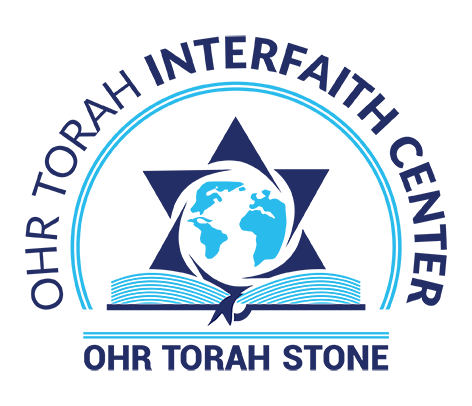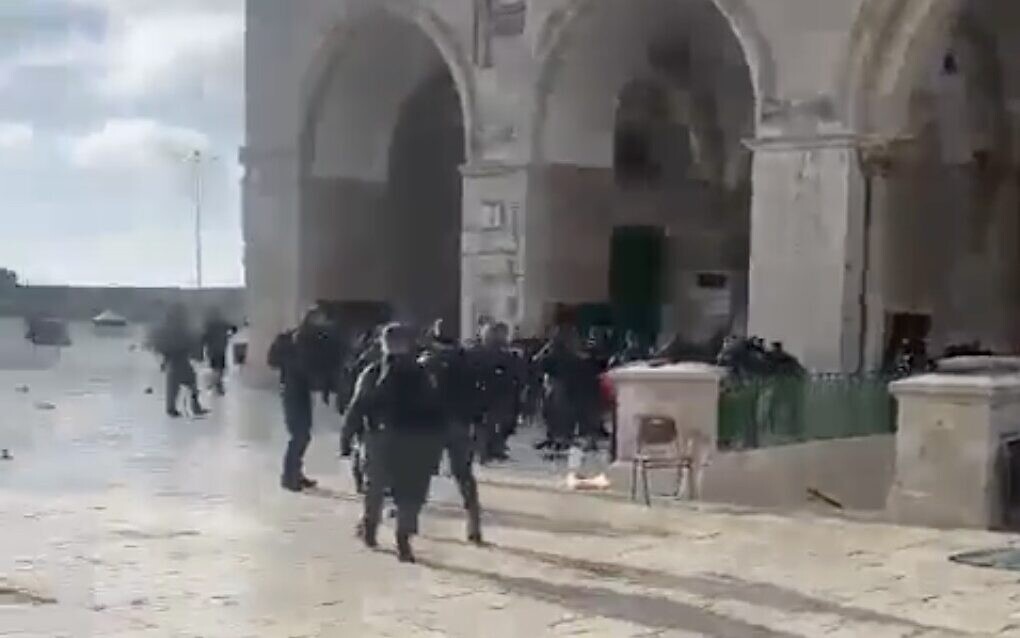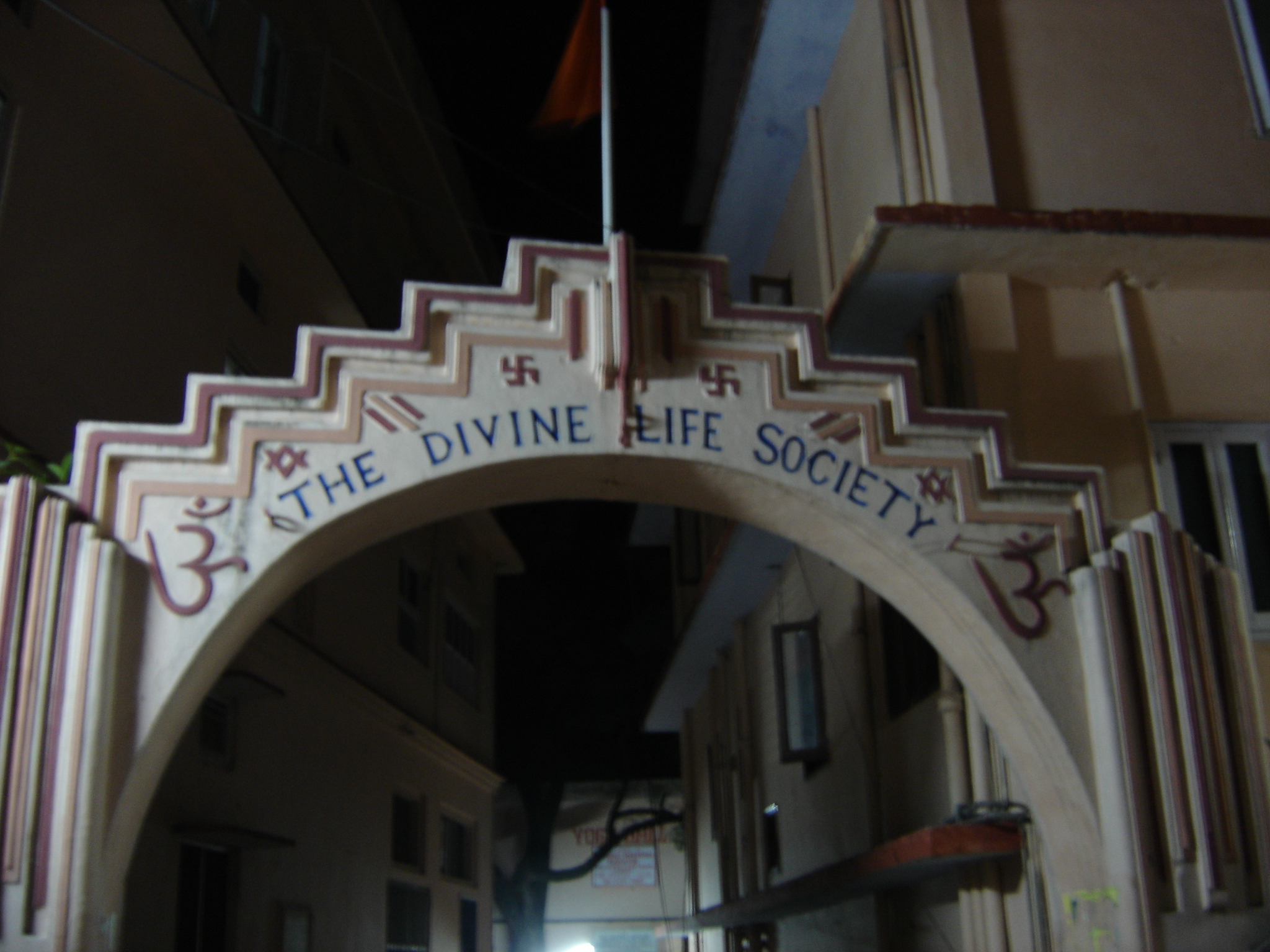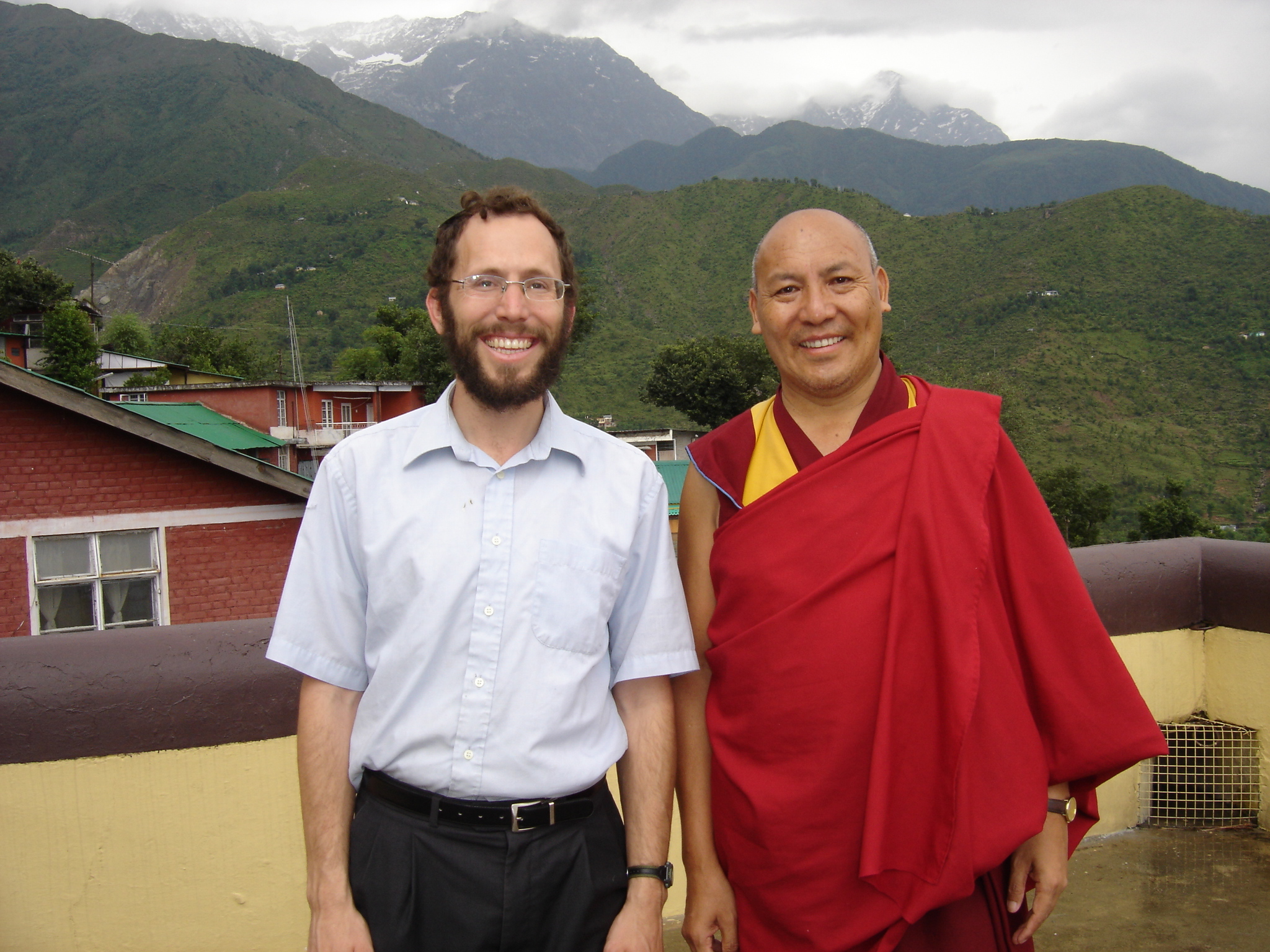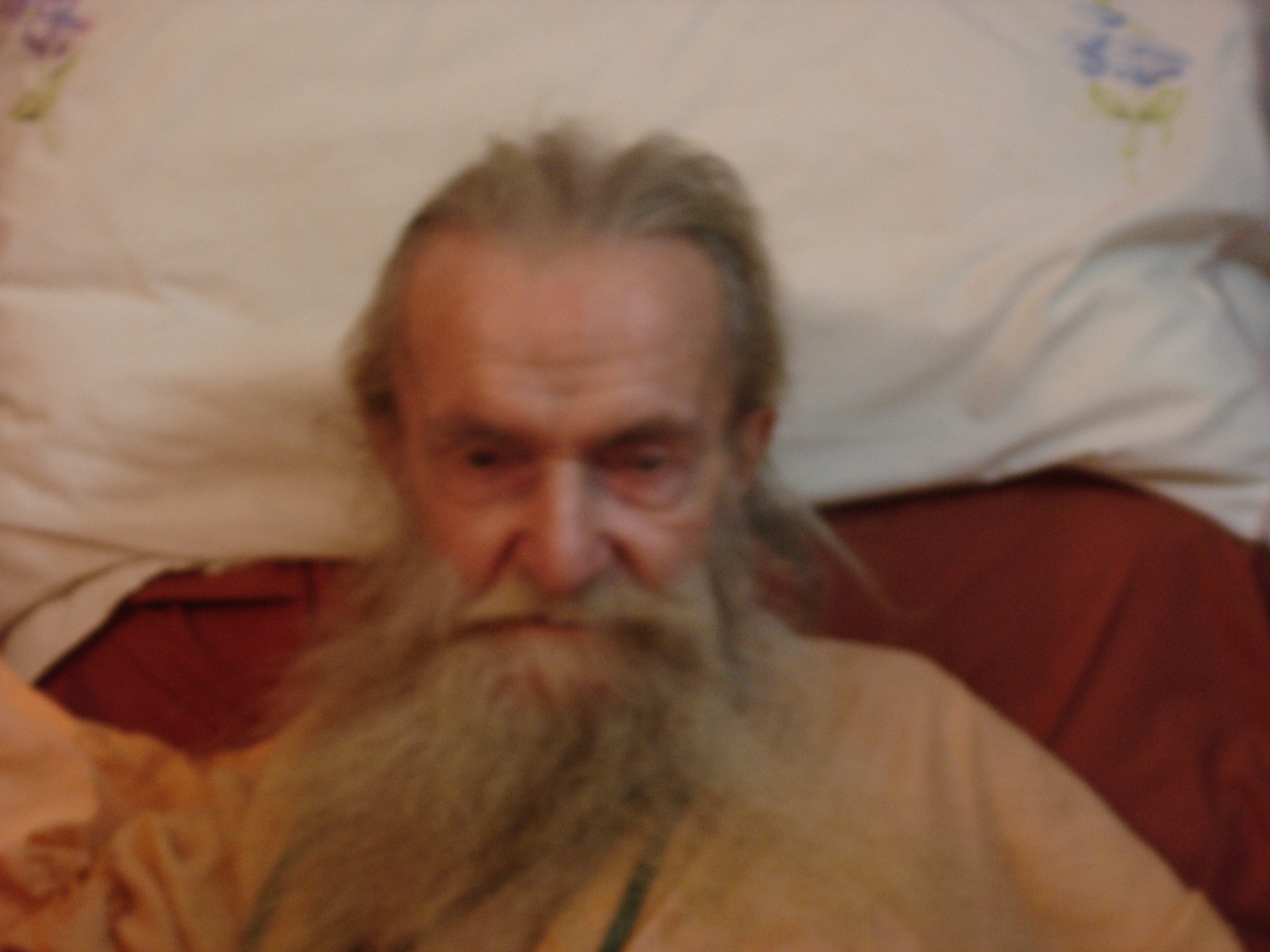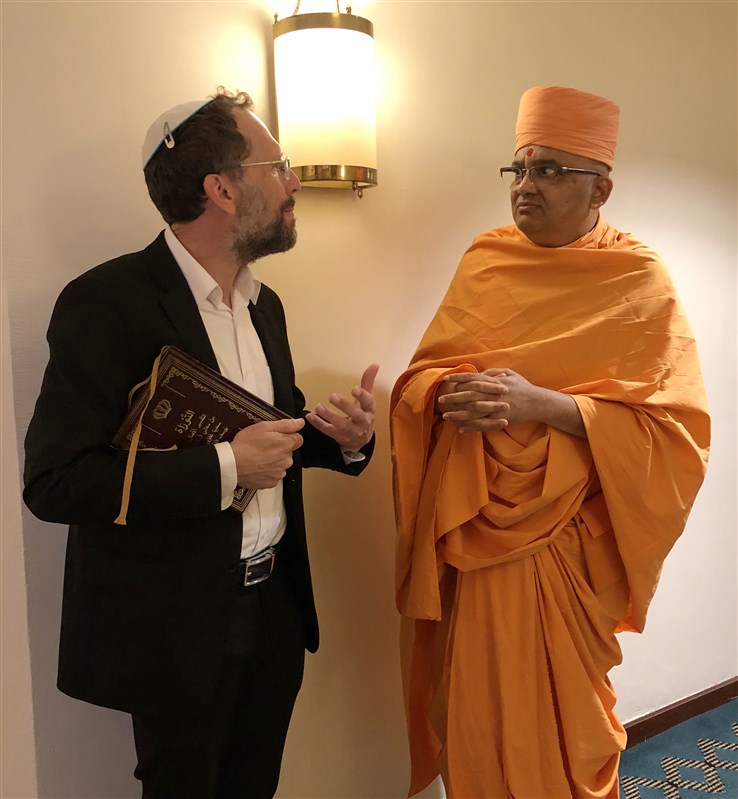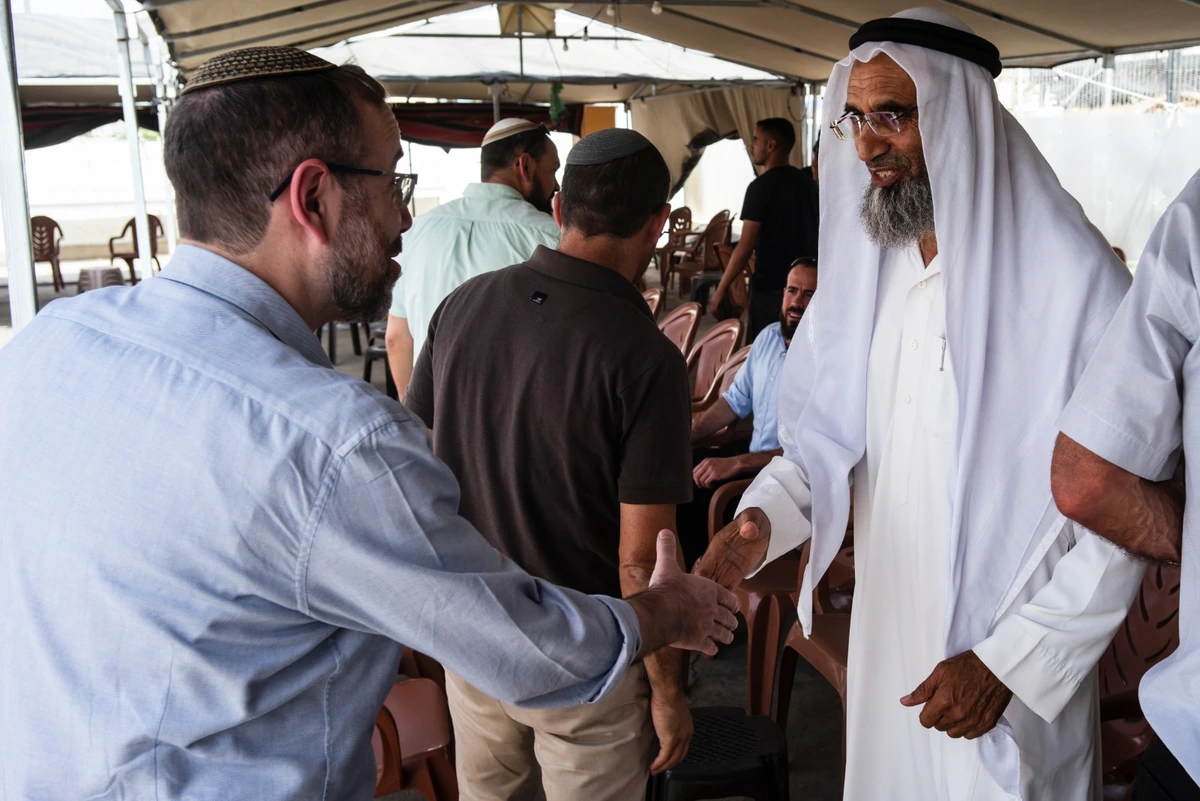The prayer service on Rosh Hashana refers to “ahavat olam,” which is generally translated as the “eternal love” that God has for the Jewish people.
The Zohar, however, interprets “ahavat olam” as “love of the world.” And in this light, Rabbi A.I. Kook explains:
Ahavat Olam, love of all worlds, all creations, and all types of life…fills the heart…The devout among people…hope for the happiness of all, wish for the light and joy of all…when they come among the dwellings of humanity, and they find divisions of nations, religions, sects, and opposing ambitions, they try with all their might to include everything, to unite and bring together” (Shemonah Kevatzim 1:101).
My recent bout with a severe brain hemorrhage granted me a better understanding of the meaning of this love.
I had just returned home from Germany, where I had attended the funeral of my beloved friend Karl Hermann Blickle, when I suddenly felt my head exploding with pain. My wife miraculously realized that it was more than merely a bad headache and rushed me to the emergency room, saving critical time. Family and friends brought our children to my side and Dr. Samuel Moscovici did the extensive and prolonged brain surgery that ultimately saved my life and allowed me to begin the process of healing.
During this crisis, I experienced through my many saviors and well-wishers the hug of “ahavat olam.” I was deeply moved to learn that Jews, Christians, and Muslims throughout the world were praying for my recovery. To me, it was a small but significant fulfillment of the biblical vision telling of a future in which humanity “will all call in the name of God” (Tzephania 3:9), a verse that guides me in my work directing Ohr Torah Stone’s Blickle Institute for Interfaith Dialogue and indeed, is my life’s mission.
I was still in Hadassah Hospital at Ein Kerem on Tisha B’Av, the day on which Jews worldwide mourn the destruction of our holiest site, the Temple in Jerusalem. I found great symbolism in that as well, for I experienced there so much of what I feel captures the essence of the holy and of the Temple: bringing life and blessing to those in greatest need.
The biblical vision of our future Temple being a house of prayer for all nations is realized in the hospital’s corridors as Jews, Muslims and Christians pray for and bless one another. And of course, witnessing the devoted staff — composed of both Jews and Arabs — caring for all, without differentiating between religion or ethnicity.
There is a biblical saying, “As water reflects the face, so too the heart of a person reflects the heart of the other” (Proverbs 27:19). Still on my road to recovery, I continue to devote myself to returning this hug to the world.
Immediately after leaving the hospital my new book, co-authored by Rabbi Sarel Rosenblatt and Dr. Assaf Malach, was released by Maggid Press: “His Name is One” – Healing the Relationship between Judaism and World Religions. A compendium of our research in Ohr Torah Stone’s Beit Midrash for Judaism and Humanity, the book creates a paradigm for Judaism’s halakhic and philosophical approach toward other religions in an effort to heal the world. But in light of my recent ordeal, the word “healing” in the title has taken on an additional layer of meaning.
We all need healing. The world needs healing. What is the meaning of “healing the world”? The Zohar teaches: “There is no healing in the world except when people gaze face to face” (Zohar 3:329). The world cannot be healed until we perceive within the other our common humanity and common divinity, but also the unique individuality of the other.
This Rosh Hashana, let’s make our new year resolution to take it upon ourselves to join together and become healers. We need one another; no individual or group can do this alone.
